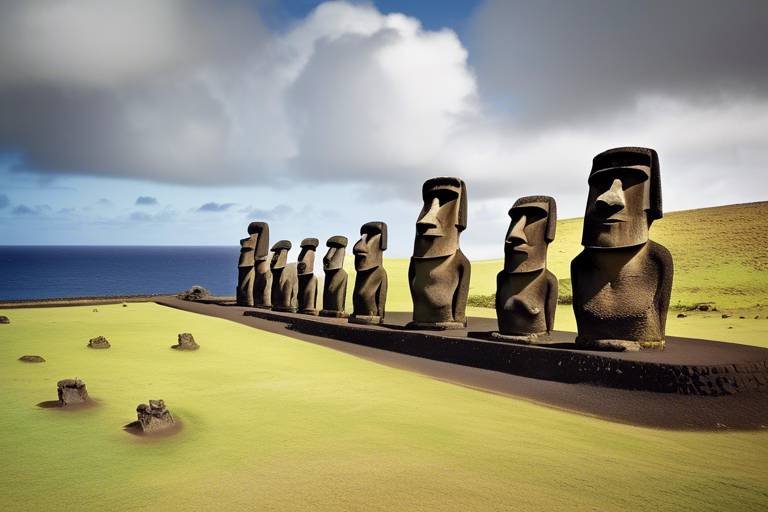The Secrets of Ancient Civilizations' Beliefs
Have you ever wondered what beliefs and mythologies shaped the ancient civilizations that laid the foundation for our modern world? Exploring the mystical and captivating world of ancient beliefs provides a fascinating glimpse into the religious practices, mythologies, and rituals that defined the societies of the past.
From the awe-inspiring Egyptian mythology with its intricate pantheon of gods and goddesses to the heroic tales of Greek religion honoring deities like Zeus and Athena, each ancient civilization had its unique spiritual framework that influenced every aspect of life.
Delving into the cosmological beliefs of the Maya, Aztec, and Inca civilizations reveals a deep connection to nature and the divine, reflected in their elaborate creation myths and intricate calendar systems that guided their rituals and ceremonies.
The Norse mythology, with its epic sagas of Odin, Thor, and Loki, offers a glimpse into the Viking worldview, where the concept of fate and destiny intertwined with beliefs in the nine realms, shaping their understanding of the world.
Chinese folk religion, steeped in traditions of ancestor worship and Taoist practices, reflects a rich tapestry of spiritual beliefs that integrated Confucian ethics to form the moral compass of society.
Uncovering the enigmatic beliefs of the ancient Indus Valley civilization unveils a deep reverence for water, symbols, and a possible precursor to later Hindu religious practices, hinting at the interconnectedness of ancient belief systems.
Examining the diverse Roman pantheon and the intricate religious ceremonies of the Roman Empire showcases the fusion of Greek influences with indigenous beliefs, creating a vibrant tapestry of gods and goddesses that shaped Roman spiritual life.
Understanding the religious texts, cosmology, and worship practices of ancient Mesopotamian cultures like the Sumerians, Babylonians, and Assyrians provides a window into their views on creation, gods, and the afterlife, offering insights into the roots of Western religious traditions.
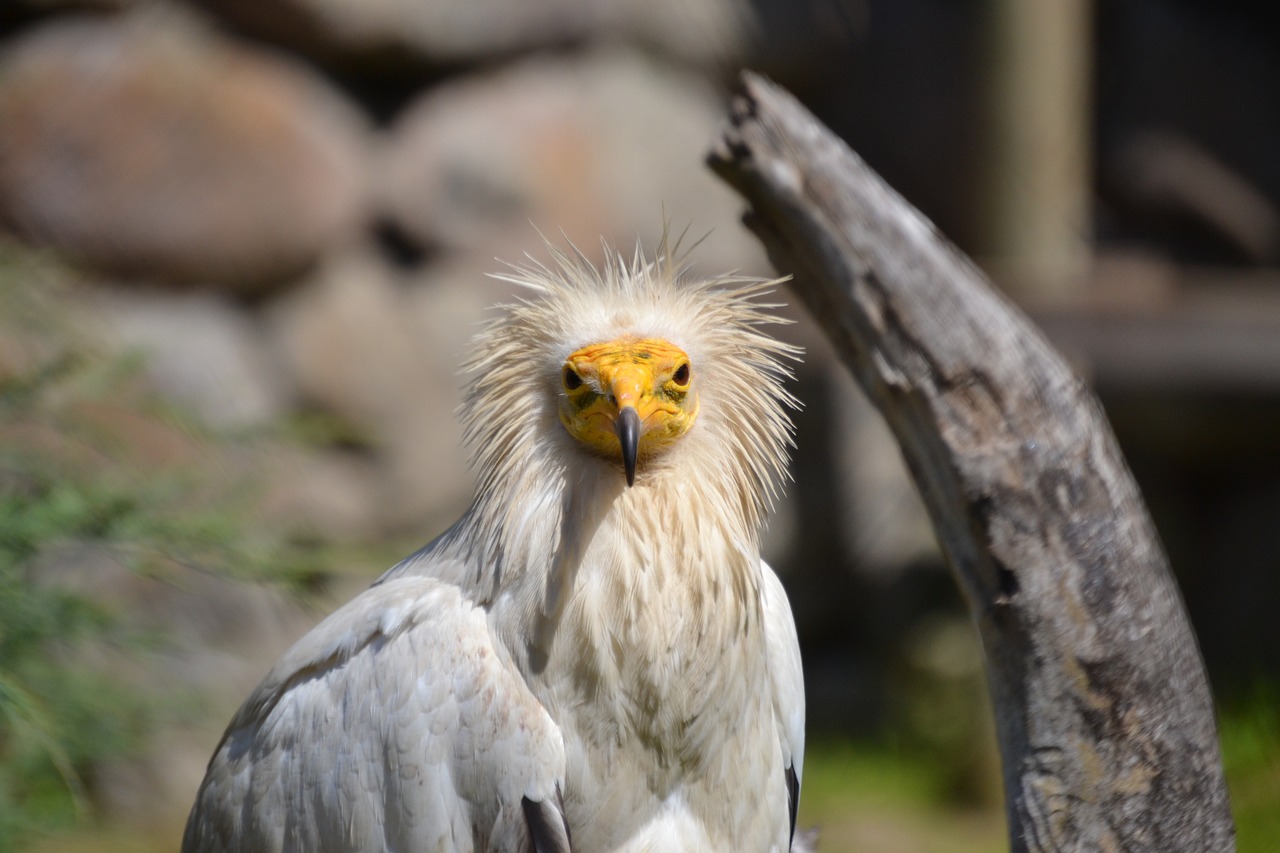
Egyptian Mythology
Exploring the fascinating and mystical beliefs held by ancient civilizations provides insight into their religious practices, mythologies, and rituals that shaped their societies and worldviews.
When delving into Egyptian mythology, we uncover a rich tapestry of deities and beliefs that influenced every aspect of ancient Egyptian life. The complex pantheon of gods and goddesses, each with their unique roles and attributes, played a vital part in creation myths and afterlife beliefs.
The Egyptians revered gods like Ra, the sun god, and Osiris, the god of the afterlife, attributing to them immense power and significance in their daily lives. Their intricate belief system influenced art, architecture, and societal structures, showcasing a deep connection between the divine and the earthly realms.
Moreover, the elaborate funerary practices and rituals, such as mummification and the construction of grand tombs like the pyramids, reflect the Egyptians' profound beliefs in the afterlife and the journey of the soul beyond death.
Through exploring Egyptian mythology, we gain a glimpse into a civilization where the spiritual and the material worlds intertwined seamlessly, shaping a unique worldview that continues to captivate and intrigue us to this day.
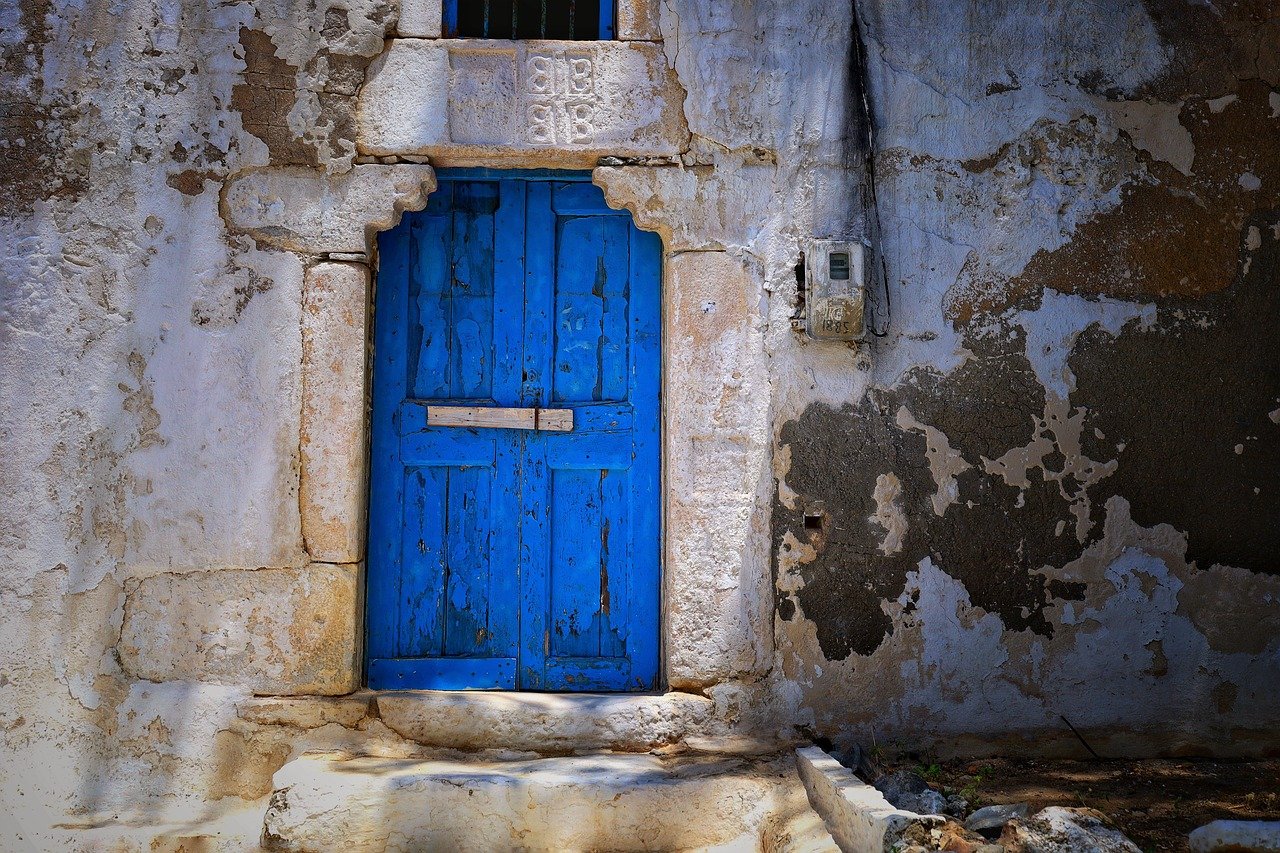
Greek Religion
Exploring the fascinating and mystical beliefs held by ancient civilizations provides insight into their religious practices, mythologies, and rituals that shaped their societies and worldviews.
The ancient Greeks had a rich and complex religious belief system that influenced every aspect of their lives. At the heart of Greek religion were the myths of Mount Olympus, where gods and goddesses ruled over the world with power and intrigue.
Zeus, the king of the gods, Athena, the goddess of wisdom, and Apollo, the god of the sun, were just a few of the many deities worshipped by the Greeks. These gods were believed to control natural forces, human emotions, and the outcomes of battles and events.
Religious practices in ancient Greece involved elaborate ceremonies, sacrifices, and festivals dedicated to honoring the gods. Temples were built to house statues of the deities, and priests and priestesses conducted rituals to seek favor and protection from the divine.
The Greeks also believed in the concept of fate and destiny, with prophecies and oracles playing a significant role in decision-making and understanding the will of the gods. The stories of heroes like Hercules and Perseus exemplified the Greek values of courage, honor, and loyalty to the gods.
Ancient Greek religion was not just a set of beliefs but a way of life that shaped art, literature, politics, and social norms. The myths and rituals of the Greeks continue to captivate and inspire modern audiences, offering a glimpse into the spiritual world of a civilization that valued the connection between mortals and immortals.
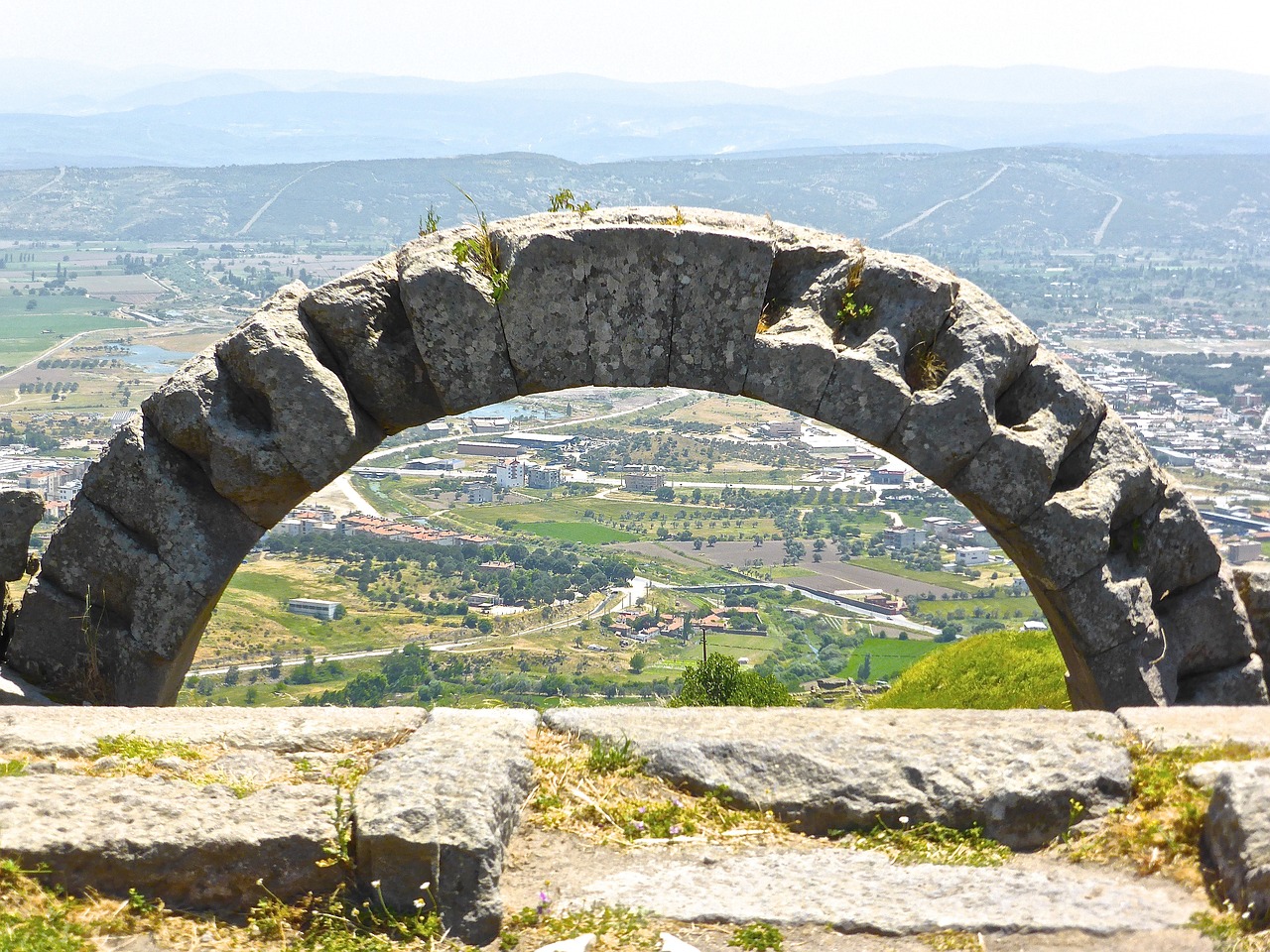
Mesoamerican Cosmology
Exploring the fascinating and mystical beliefs held by ancient civilizations provides insight into their religious practices, mythologies, and rituals that shaped their societies and worldviews.
Mesoamerican cosmology offers a captivating glimpse into the beliefs of civilizations such as the Maya, Aztec, and Inca. These ancient cultures held rich cosmological beliefs that intertwined with their daily lives and rituals. Central to their worldview were intricate creation myths that explained the origins of the universe and humanity. The Maya, for example, developed a sophisticated calendar system that reflected their deep connection to celestial cycles and the divine. This reverence for nature and the cosmos permeated their religious practices, which often involved elaborate ceremonies to honor deities associated with natural elements like the sun, moon, and rain.
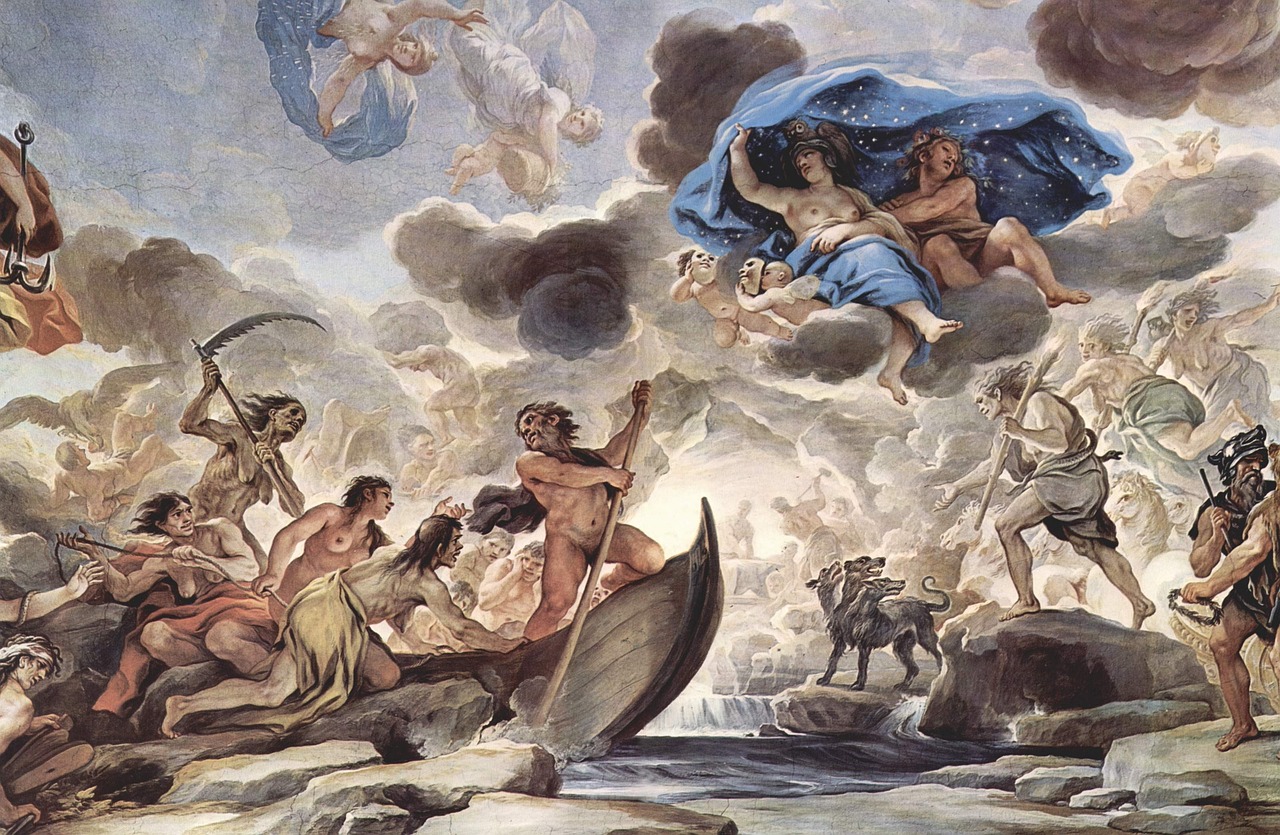
Norse Mythology
Exploring the fascinating and mystical beliefs held by ancient civilizations, providing insight into their religious practices, mythologies, and rituals that shaped their societies and worldviews.
Delve into the tales of Odin, Thor, and Loki from Norse mythology, understanding the Viking worldview, their beliefs in the nine realms, and the concept of fate and destiny.
Norse mythology, with its intricate tapestry of gods, giants, and heroes, offers a glimpse into the ancient Norse worldview. At the heart of this belief system are the mighty gods like Odin, the Allfather, who presides over Asgard, the realm of the gods. Thor, the thunder god, wields his mighty hammer Mjölnir, protecting Midgard, the realm of humans, from the forces of chaos and destruction. Meanwhile, the mischievous Loki, a shape-shifter and trickster, weaves his schemes that often lead to both calamity and unexpected salvation.
The Vikings saw the world as a complex web of interconnected realms, each governed by its own laws and inhabited by various beings. From the frosty realm of Niflheim to the fiery realm of Muspelheim, Norse cosmology paints a vivid picture of a universe teeming with life, magic, and adventure. The concept of fate, known as "wyrd," weaves through every aspect of existence, shaping destinies and guiding actions in a world where the threads of past, present, and future are intricately intertwined.
Through sagas, poems, and oral traditions, the Norse people passed down their myths and legends, preserving a rich tapestry of stories that reflect their values, fears, and aspirations. The epic battles, heroic deeds, and tragic destinies of gods and mortals alike speak to universal themes of courage, loyalty, betrayal, and the relentless march of time.
Exploring Norse mythology is like embarking on a grand adventure across the Nine Worlds, where the boundaries between gods and mortals blur, and the echoes of ancient beliefs still resonate in the modern world.

Chinese Folk Religion
Exploring the fascinating and mystical beliefs held by ancient civilizations provides valuable insight into their religious practices, mythologies, and rituals that significantly shaped their societies and worldviews.
Chinese folk religion is a rich tapestry of spiritual traditions that have evolved over thousands of years, deeply intertwined with the cultural fabric of China. Ancestor worship holds a central place in this belief system, where reverence and offerings are made to deceased family members to honor their spirits and seek blessings for the living. The practice of Taoism, with its emphasis on harmony with nature and the balance of yin and yang, also plays a crucial role in Chinese folk religion. Additionally, Confucian ethics have been integrated into societal values and beliefs, guiding individuals in their interactions with others and shaping moral principles.
The spiritual landscape of China is diverse, with a myriad of deities and spirits worshipped for various purposes. Temples dedicated to different gods dot the countryside, serving as centers of prayer and devotion. The belief in supernatural forces and the interconnectedness of the spiritual and physical realms permeates the daily lives of many Chinese people, influencing decisions, rituals, and celebrations.
Furthermore, festivals and ceremonies mark important occasions in the Chinese calendar, blending ancient traditions with modern practices. These events bring communities together to honor deities, ancestors, and cultural heritage, fostering a sense of unity and continuity across generations. The syncretic nature of Chinese folk religion, incorporating elements from Buddhism, Taoism, and Confucianism, reflects the adaptability and resilience of these beliefs throughout history.
Overall, Chinese folk religion offers a window into the deep-rooted spirituality and cultural heritage of the Chinese people, showcasing a vibrant tapestry of beliefs that continue to shape their identities and worldview in the modern era.
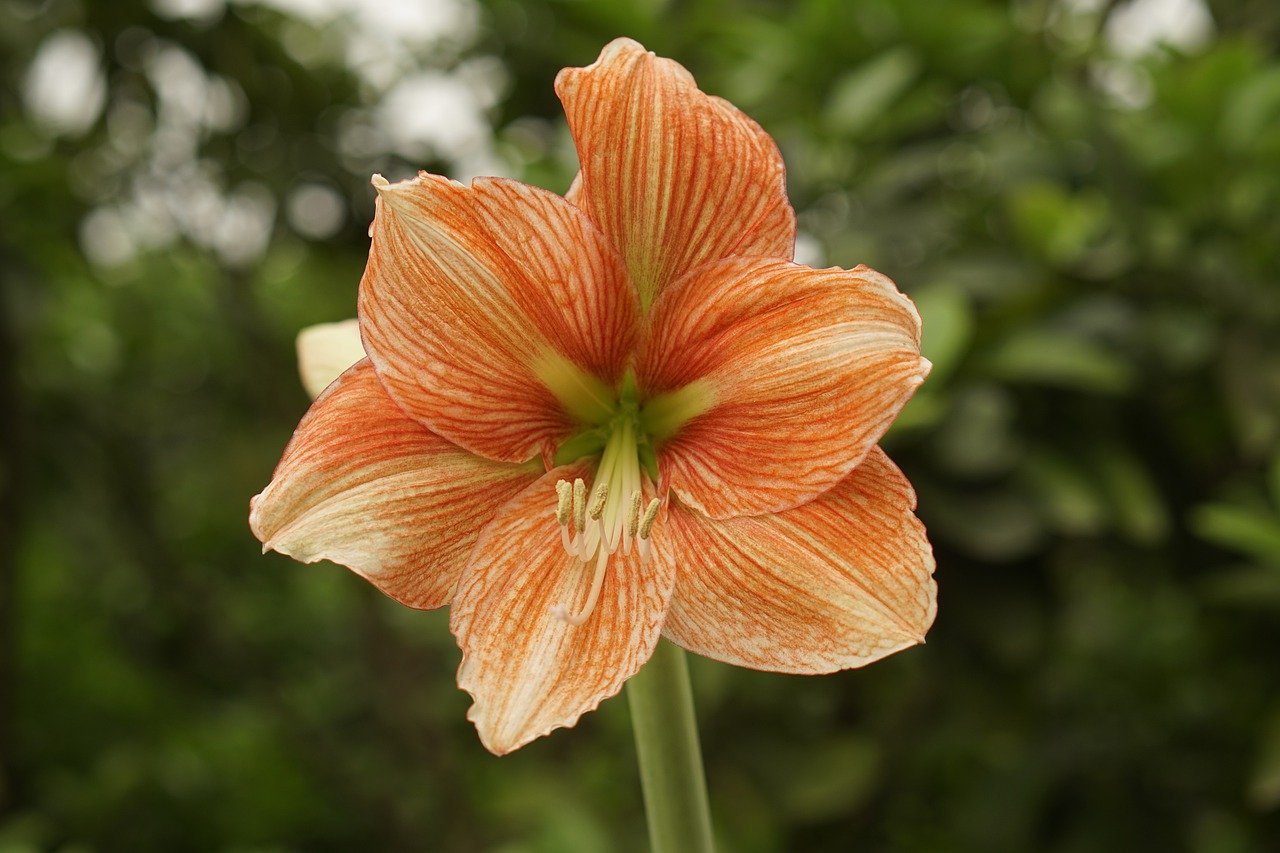
Indus Valley Civilization
The flourished around 3300–1300 BCE in what is now Pakistan and northwest India. This ancient civilization is renowned for its advanced urban planning, sophisticated drainage systems, and intricate knowledge of metallurgy. The people of the Indus Valley had a deep reverence for water, as evidenced by the presence of public baths and wells in their cities. They also depicted various symbols in their artwork, possibly representing their religious beliefs or societal structures.
Archaeological findings suggest that the Indus Valley people may have practiced ritual bathing and worshiped deities associated with fertility and nature. The discovery of small terracotta figurines, often depicting female figures, hints at a possible mother goddess cult or fertility cult within their belief system. Additionally, seals found at Indus Valley sites bear enigmatic symbols that remain undeciphered, leaving a veil of mystery over their religious practices.
Some scholars speculate that the Indus Valley Civilization may have laid the foundation for later Hindu religious practices. The presence of fire altars, similar to those used in Vedic rituals, and the worship of sacred animals like the bull suggest a continuity of certain beliefs and practices. However, the exact nature of their religious beliefs, cosmology, and mythological narratives remains a subject of debate and interpretation among historians and archaeologists.
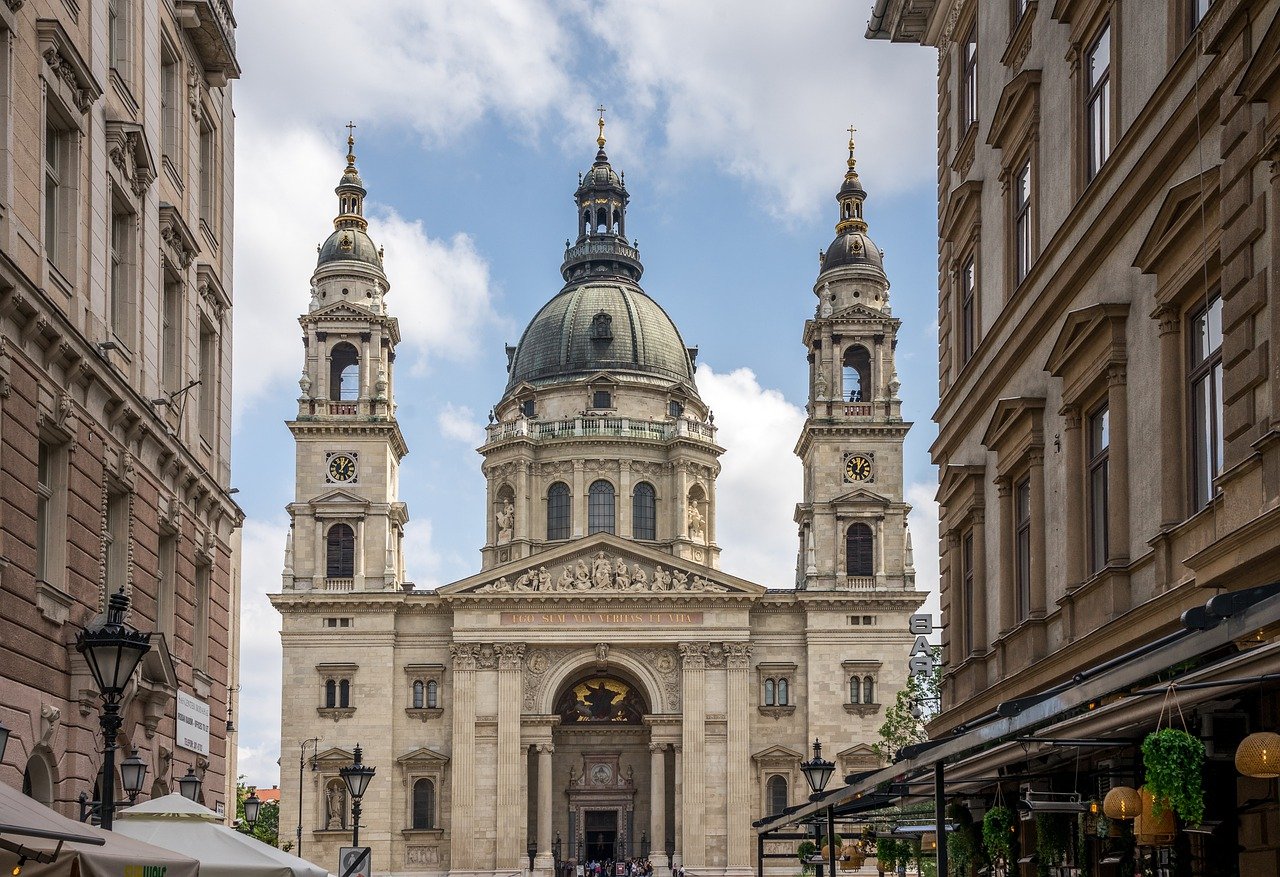
Roman Pantheon
Exploring the fascinating and mystical beliefs held by ancient civilizations provides insight into their religious practices, mythologies, and rituals that shaped their societies and worldviews.
The Roman Pantheon is a rich tapestry of diverse gods and goddesses that reflect the cultural assimilation and adaptation of Greek beliefs into Roman mythology. Influenced by the Greek pantheon, the Romans worshipped deities such as Jupiter, Juno, Mars, and Venus, each representing different aspects of life and nature.
One of the most significant gods in the Roman Pantheon was Jupiter, the king of gods and the god of thunder and lightning. Similar to the Greek god Zeus, Jupiter was revered for his power and authority over the heavens.
Another prominent figure was Venus, the goddess of love and beauty, whose worship played a vital role in Roman society, influencing relationships, fertility, and prosperity. The Romans also revered Mars, the god of war, reflecting their militaristic culture and the importance of conquest and defense.
The religious ceremonies and festivals dedicated to these deities were integral to Roman spiritual life, with rituals performed to honor and appease the gods. The Roman Pantheon not only shaped the religious beliefs of the ancient Romans but also influenced art, architecture, and societal values, leaving a lasting legacy on Western civilization.
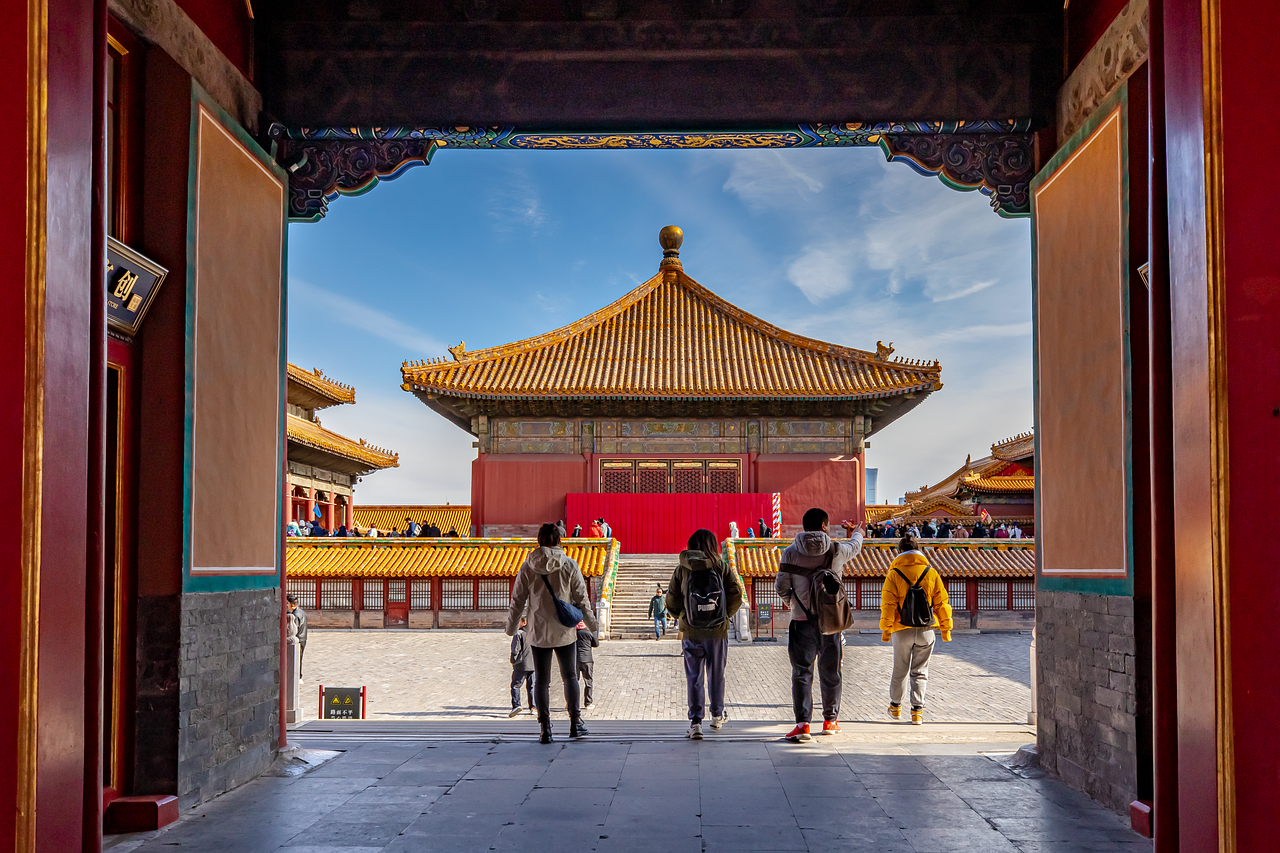
Ancient Mesopotamian Beliefs
Exploring the fascinating and mystical beliefs held by ancient civilizations, providing insight into their religious practices, mythologies, and rituals that shaped their societies and worldviews.
Ancient Mesopotamian beliefs encompass a rich tapestry of religious texts, cosmological concepts, and worship practices that defined the spiritual life of civilizations like the Sumerians, Babylonians, and Assyrians. At the core of Mesopotamian beliefs were the creation myths that detailed the origins of the world and humanity, often involving epic battles between gods and primordial forces.
Central to Mesopotamian religion were the numerous gods and goddesses who governed various aspects of life, from fertility and war to wisdom and the underworld. These deities were worshipped through elaborate ceremonies and rituals, with temples serving as sacred spaces for offerings and prayers.
The Mesopotamians held a complex view of the afterlife, believing in a shadowy underworld ruled by deities like Ereshkigal and Nergal. Funerary practices were crucial to ensuring a safe passage to the afterlife, with burial customs and offerings playing a significant role in honoring the deceased and appeasing the gods.
Moreover, Mesopotamian beliefs extended to the concept of fate and divination, with practices such as astrology, omens, and oracles used to decipher the will of the gods and navigate the uncertainties of life. The Enuma Elish, the Babylonian creation myth, exemplifies the intricate cosmology and divine hierarchy that underpinned Mesopotamian beliefs.
Overall, the ancient Mesopotamian civilizations left a lasting legacy in the realms of religion, literature, and art, shaping the cultural landscape of the region and influencing later belief systems in the Near East and beyond.
Stay tuned for answers to common queries about ancient civilizations' beliefs, including insights into Egyptian mythology, Greek religion, Mesoamerican cosmology, Norse mythology, Chinese folk religion, Indus Valley civilization, Roman pantheon, and more!
Frequently Asked Questions
- What is the significance of Egyptian mythology?
Egyptian mythology played a crucial role in shaping the culture, art, and religious beliefs of ancient Egypt. It provided explanations for the creation of the world, the roles of gods and goddesses, and the concept of the afterlife.
- How did Greek religion influence ancient society?
Greek religion had a profound impact on various aspects of ancient Greek life, including literature, art, politics, and social norms. The worship of gods and goddesses influenced moral values, rituals, and even the governance of city-states.
- What are some key beliefs of Mesoamerican cosmology?
Mesoamerican civilizations held diverse cosmological beliefs, including the worship of nature deities, the practice of human sacrifice, and the intricate calendar systems that guided religious ceremonies and agricultural cycles.
- Why is Norse mythology significant in understanding Viking culture?
Norse mythology provided insights into the Viking worldview, their concepts of honor, fate, and the interconnectedness of the natural world. The tales of gods, giants, and heroes reflected the values and beliefs of ancient Norse society.
- What are the main components of Chinese folk religion?
Chinese folk religion encompasses a blend of ancestor worship, Taoist practices, Confucian ethics, and the veneration of various deities. It reflects the rich cultural heritage and spiritual traditions of China.
- How did the Roman pantheon influence Roman society?
The Roman pantheon, with its array of gods and goddesses, shaped religious practices, civic life, and cultural events in ancient Rome. Festivals, rituals, and ceremonies honoring deities were integral to Roman identity and social cohesion.
- What sets apart the beliefs of ancient Mesopotamian cultures?
Ancient Mesopotamian cultures had complex cosmologies, intricate religious texts, and diverse pantheons that influenced their views on creation, divinity, and the afterlife. Their myths and rituals reflected a deep connection to the supernatural and the natural world.









